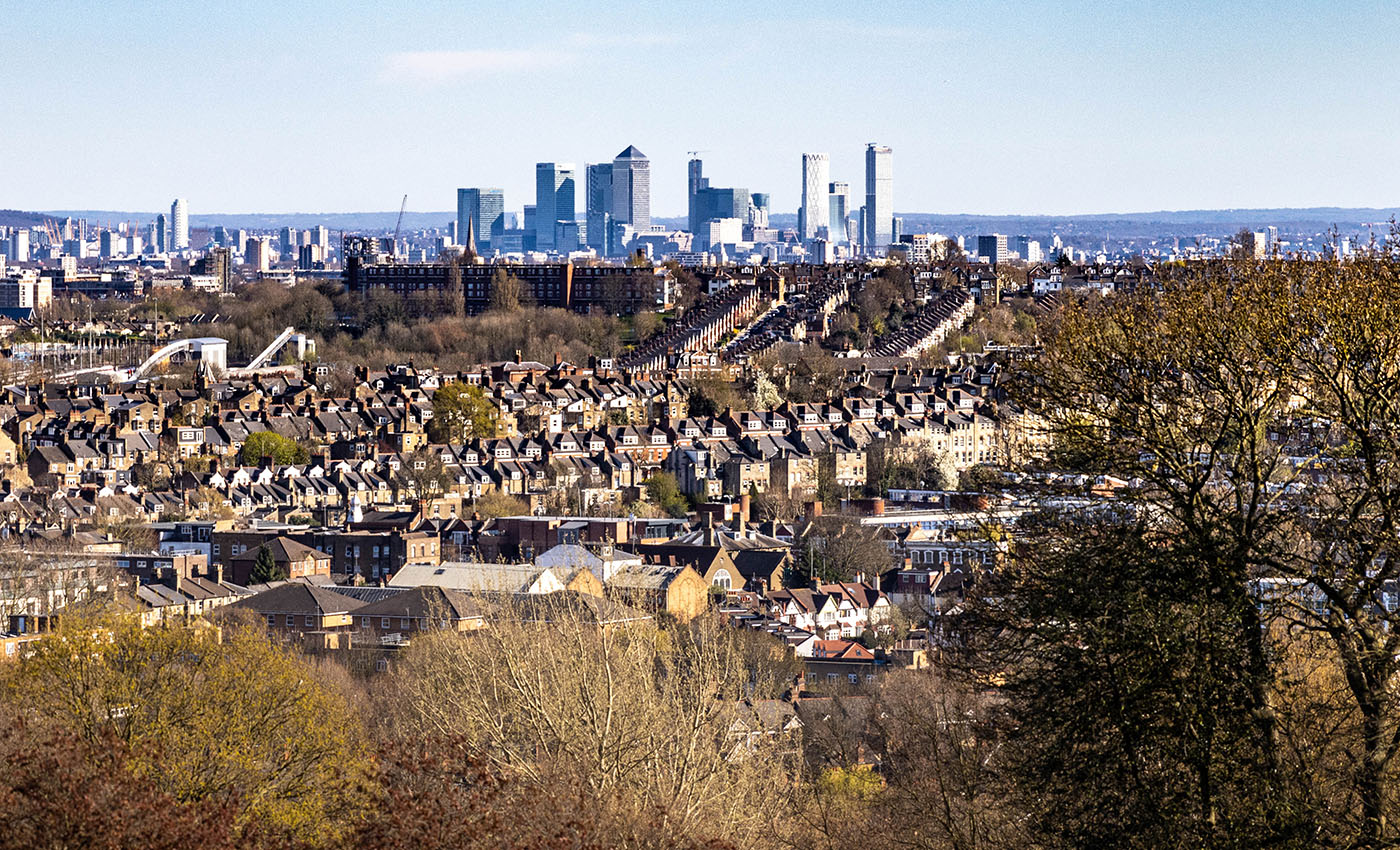Humanity is facing the global challenge of our time – climate crisis – and we need radical creative thinking to tackle it. Giant mirrors in space and artificial volcanic eruptions are just two ideas being proposed.
What action would you take to limit future warming and save the planet? And what would be the consequences for society?
In this free course you will imagine a future in which humanity has taken radical action to tackle the climate crisis: by engineering the climate, using technology to ‘set the thermostat dial’ of the planet. This will help you understand many issues around humanity’s response to the climate crisis.
You will learn a basic grounding in the maths of climate science, so you can understand the nature of the problem, then move on to think about potential engineering solutions. In doing so, you will consider five broad questions:
- What is ‘engineering the climate’?
- Why engineer the climate?
- How could we engineer the climate?
- Should we engineer the climate?
- Will we engineer the climate?
This course will develop your confidence and skills for online study, whether this is to explore environmental topics or as part of your preparation for other study.

This course is accredited by the CPD Standards Office. It can be used to provide evidence of continuing professional development and on successful completion of the course you will be awarded 24 CPD points. Evidence of your CPD achievement is provided on the free Statement of Participation awarded on completion. Anyone wishing to provide evidence of their enrolment on this course is able to do so by sharing their Activity Record on their OpenLearn Profile, which is available before completion of the course and earning of the Statement of Participation.
Enrolling on the course will give you the opportunity to earn an Open University digital badge. Badges are not accredited by The Open University but they’re a great way to demonstrate your interest in the subject and commitment to your career, and to provide evidence of continuing professional development.
Once you are signed in, you can manage your digital badges online from My OpenLearn. In addition, you can download and print your OpenLearn statement of participation – which also displays your Open University badge.
The Open University would really appreciate a few minutes of your time to tell us about yourself and your expectations for the course before you begin, in our optional start-of-course survey. Once you complete the course we would also value your feedback and suggestions for future improvement, in our optional end-of-course survey. Participation will be completely confidential and we will not pass on your details to others.
Earn this free Open University digital badge if you complete this course! The badge can be displayed, shared and downloaded as a marker of your achievement. The badge is awarded for completing the course and passing the quizzes.
Course learning outcomes
After studying this course, you should be able to:
- explain the climate crisis challenges facing the planet
- understand the concepts of climate change measurement and modelling, and be familiar with a range of predictions about the climate crisis and its impacts on humans and other life
- understand the Paris agreement targets for future climate change, and the way these – and other climate crisis issues – are discussed and presented in the media
- appreciate the advantages and disadvantages of different geoengineering methods for controlling the climate, together with social, physical and governance issues surrounding their implementation
- design the ideal future climate, and reflect on how this decision was made.
First Published: 31/03/2021
Updated: 31/03/2021
